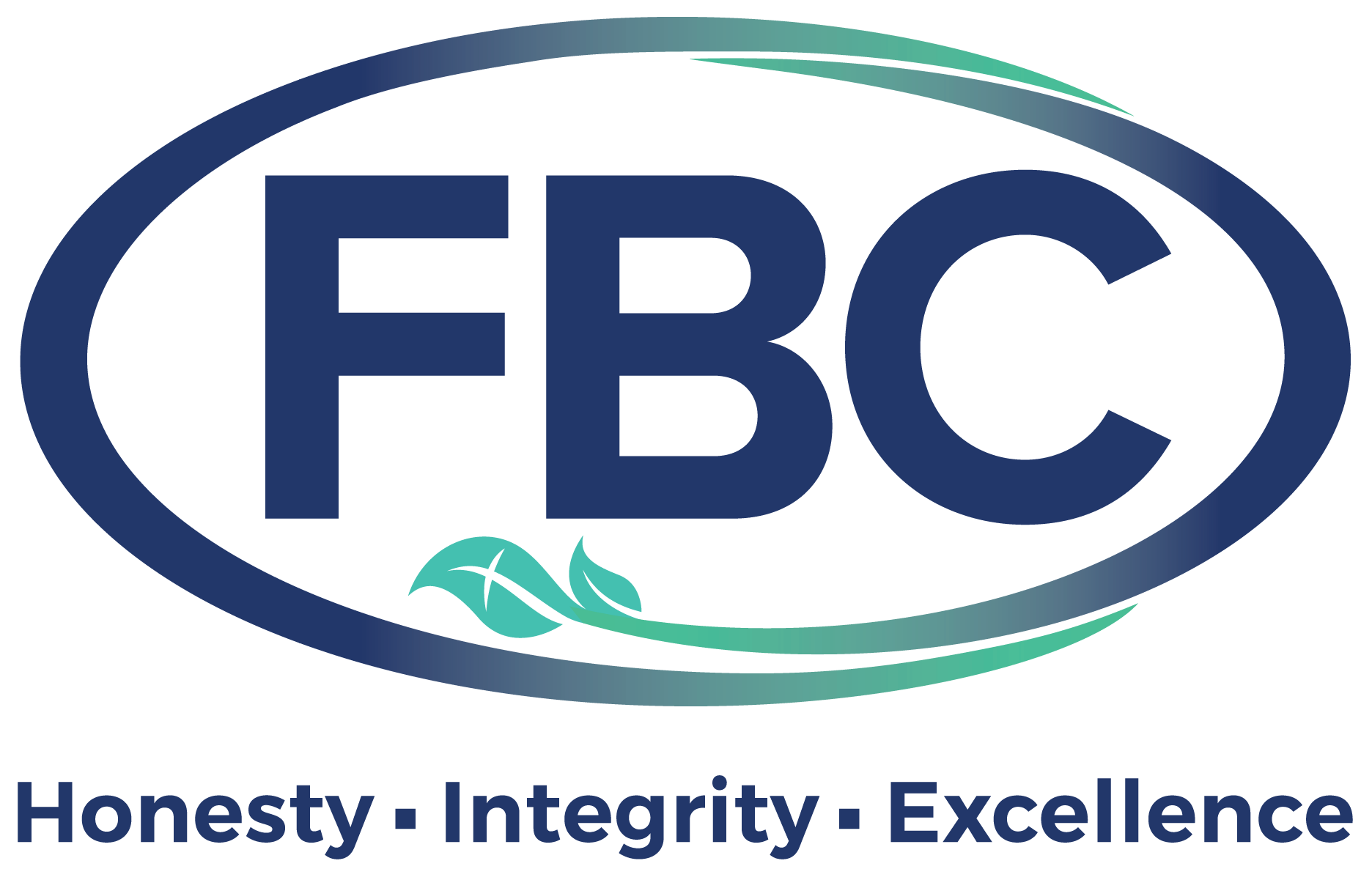How will CAA 2023 affect future employment and benefits? On December 31st, 2022, the Consolidated Appropriations Act of 2023 was signed into law. This is a sweeping piece of legislation that provides funding for various federal departments and agencies and includes many changes to employee benefit programs. These changes expand unemployment benefits, as well as add stimulus payments and other provisions that will affect the lives of millions of Americans.
Here are the Employment and Benefits highlights.
New Non-Compete Agreement Regulations
Although noncompete agreements have become increasingly common in the workplace, recent changes to regulations have made it more difficult for employers to enforce these agreements. The proposed regulation would deem the use of noncompete clauses in an employment contract by employers as an unfair practice in terms of competition. If the proposed rule becomes final, it would extend to paid and unpaid workers including consultants and independent contractors.
Furthermore, employers would need to notify their employees that the non-compete provisions included in their current agreements would now be unenforceable. There are still several steps that must be completed before the rule becomes binding.
Although the new regulation doesn’t explicitly address similar contractual commitments like nondisclosure agreements, they might still be considered unlawful if they produce effects similar to those of noncompetes.
Pregnant Workers Fairness Act in CAA 2023
The Pregnant Workers Fairness Act (PWFA) was designed to protect the rights of pregnant workers by requiring employers to make reasonable accommodations for pregnant workers, such as providing additional breaks or light-duty tasks.
It also provides protections (similar to those found in the Americans with Disabilities Act for disabled employees) that prohibit employers from discriminating against pregnant workers, denying them job opportunities or promotions, and requiring them to take unpaid leave. The PWFA ensures that pregnant workers have the same rights and protections as all other employees.
It works to ensure that employers reasonably accommodate employees for circumstances like “pregnancy, childbirth, and related medical conditions.”
Pump Relief for Nursing Mothers Act
This CAA 2023 provision expands on the 2019 Pump Relief for Nursing Mothers Act to ensure they have access to private and comfortable spaces in which to express breast milk during their workday. The law requires employers to provide reasonable break time and suitable private space, other than a bathroom, for nursing mothers to express milk.
This law also protects against discrimination and retaliation against nursing mothers who choose to take advantage of this benefit and extends the duration from up to one year after the child’s birth to two. The Pump Relief for Nursing Mothers Act is an important step toward creating an equitable workplace environment for all employees.
Additionally, nursing mothers are entitled to compensation for any time they spend working while expressing milk.
Telemedicine and HSA/HDHP Relief Under CAA 2023
CAA 2023 permits a short-term extension of Covid-era regulations that permit individuals to avail themselves of pre-deductible telemedicine benefits even if they are making HSA contributions.
Telemedicine has become an increasingly popular way for people to access medical care without having to leave their homes. Health Savings Accounts (HSAs) and High Deductible Health Plans (HDHPs) are becoming more popular among employers as a way to provide relief from rising healthcare costs. HSAs allow individuals to set aside pre-tax money for qualified medical expenses while HDHPs offer lower premiums in exchange for higher deductibles and out-of-pocket costs.
Telemedicine can be used in conjunction with these plans to help reduce costs associated with traditional office visits while still providing quality care. CAA 2023 temporarily eliminates the need for people to disqualify themselves from HSA contributions to receive these benefits.
Prescription Drug Reporting Relief
Prescription drug reporting relief provides financial relief for the enforcement of the system of laws and regulations that ensures individuals are receiving the right medication at the right time and in the right dosage, while also providing safeguards against fraudulent activity. CAA 2023 provided additional clarifications and flexibilities for the 2020 and 2021 calendar year reports including the removal of certain previous restrictions.
To address the confusion the new reporting requirements caused, federal agencies have asserted that group health plans using a reasonable interpretation of the rules in good faith will not be penalized for errors made in their 2020 and 2021 reports.
CAA 2023 MHPAEA Update
The CAA 2023 update to the Mental Health Parity and Addiction Equity Act of 2008 (MHPAEA) to help fund state enforcement of comparative analyses requirements of nonquantitative treatment limitations (NQTLs). MHPAEA seeks to ensure that mental health and substance use disorder services are treated similarly to medical and surgical services.
The CAA 2023 MHPAEA updated this by requiring insurance companies to provide more coverage for mental health and substance use disorder services.
In Conclusion
The Consolidated Appropriations Act of 2023 has created several changes in the way employers provide benefits to their employees. This act is sure to have far-reaching implications for employers and employees alike as it affects everything from healthcare coverage to retirement options. Employers should understand how this act will impact employee benefits so that they can make informed decisions about their future.

